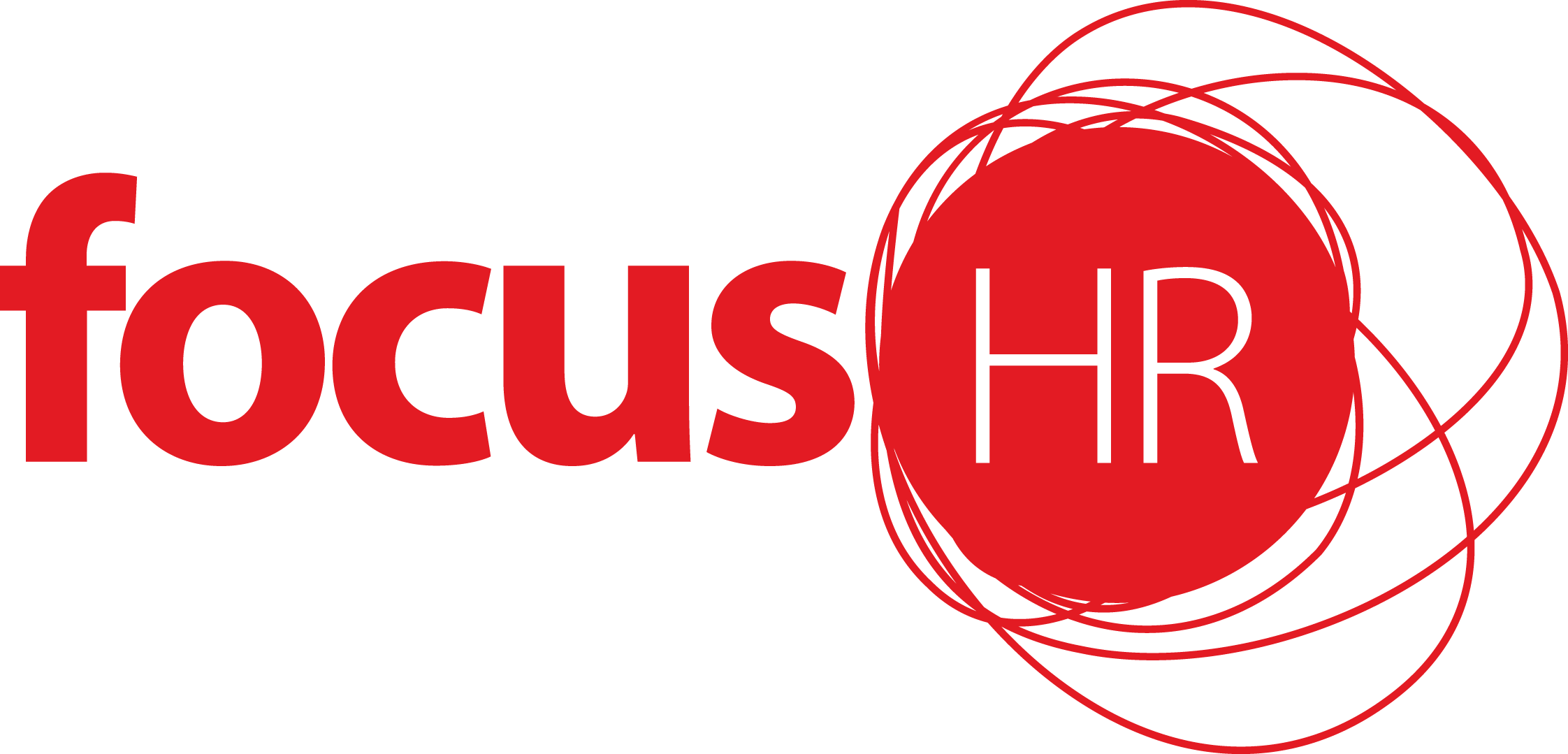The end-of-year season brings with it a sense of celebration – team lunches, awards nights, and of course, the classic office Christmas party. For many organisations, these events are a way to reward effort, build connection, and celebrate success.
But while the drinks might be flowing and the name badges set aside, workplace culture doesn’t clock off at 5pm and neither does a leader’s responsibility to create a safe, inclusive environment.
This is where Positive Duty steps in, not as a box-ticking exercise, but as a cultural commitment to ensuring everyone feels respected and safe, even, and especially, during social events.
The concept of Positive Duty stems from recent changes to the Sex Discrimination Act. It requires employers and leaders to take proactive, reasonable, and proportionate measures to prevent:
-
Sexual harassment
-
Sex-based harassment
-
Discrimination
-
Victimisation
-
Hostile workplace environments
It’s not enough to act after something happens. Leaders are now expected to be ahead of the curve, creating conditions that actively prevent harm.
Work functions blur the lines between professional and social, often adding alcohol, lowered inhibitions, and unclear boundaries into the mix. And while most people behave appropriately, the data tells us that incidents of inappropriate conduct often spike during or after work social events.
Positive Duty in Action: What Leaders Can Do
A leader’s role isn’t just about compliance. It’s about setting the tone, modelling expectations, and creating psychological safety.
Here’s how Positive Duty can show up before, during, and after your next work event:
Before the Event:
-
Communicate expectations clearly – Remind staff that this is a workplace event, and respectful conduct is expected.
-
Review the guest list and risk factors – Know who’s attending and assess any past issues or concerns.
-
Set boundaries around alcohol – Consider drink limits or alternatives to alcohol-focused celebrations.
During the Event:
-
Be visibly present and engaged – Leadership presence has a huge influence on behaviour.
-
Monitor the vibe – Quietly keep an eye on interactions. Step in early if something feels off.
-
Support designated team leaders – Nominate someone to be the go-to person if anyone feels uncomfortable.
After the Event:
-
Check in with staff – Encourage open dialogue and feedback.
-
Respond appropriately to any issues raised – If something happened, act quickly, fairly, and in line with your duty.
-
Reflect on what worked and what didn’t – Improve next time with learning, not blame.
The real power of Positive Duty isn’t just about legal risk – it’s about cultural leadership. When organisations embed respect and inclusion into their everyday norms, those values naturally extend to their celebrations.
Ask yourself:
-
Do our people feel safe speaking up?
-
Do we celebrate in ways that include everyone?
-
Are our leaders modelling respect, even when the party starts?
When the answer is yes, compliance becomes the by-product, not the driver, of your culture.
If you would like to learn more about Positive Duty obligations so you can navigate these obligations with confidence get in touch.

